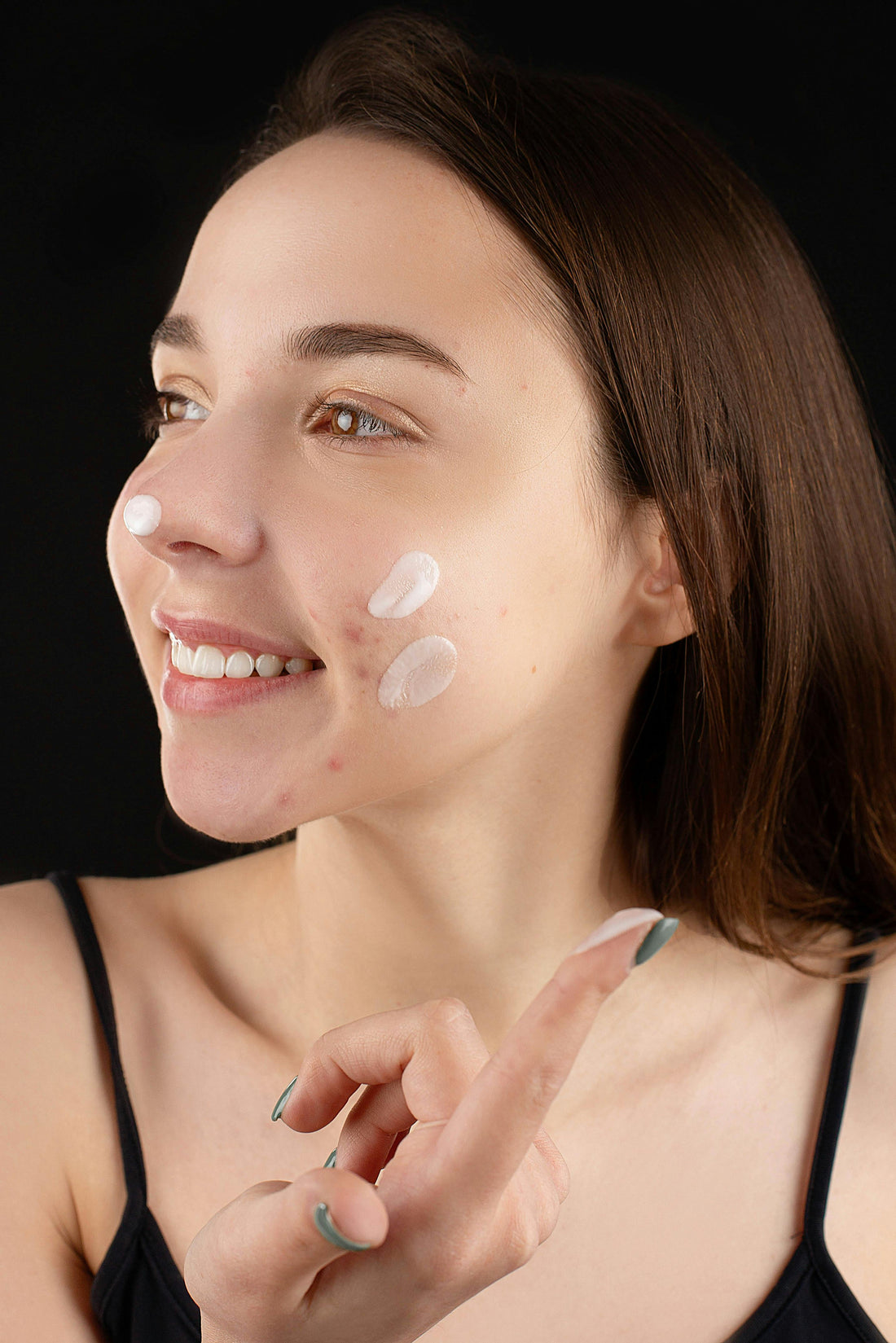
What is tretinoin? How effective is it?
Share
What is tretinoin? And does it work?
Tretinoin is one of the most talked-about ingredients in modern skincare, especially when it comes to treating acne, fine lines, age spots and uneven skin tone. But what exactly is it, how does it work and why is it used by dermatologists and beauty enthusiasts alike around the world?
Tretinoin, also known as all-trans retinoic acid, is a derivative of vitamin A that is primarily used to treat acne and prevent early signs of aging. It is a prescription drug that is significantly stronger than retinol, another vitamin A variant often found in over-the-counter skin care products. Tretinoin is available in both cream and gel form, with strengths such as tretinoin cream 0.025 and tretinoin cream 0.05 being common. The choice of strength often depends on the skin's sensitivity and the user's previous experience with retinoids.
When you start using tretinoin, changes occur deep in the skin. It stimulates cell renewal, which means that dead skin cells are shed faster than usual. This is particularly effective against clogged pores and acne breakouts. At the same time, the skin's collagen production is activated, which over time contributes to a firmer and smoother skin structure. In addition, tretinoin can lighten superficial pigment spots and even out skin tone, making it a powerful tool in anti-aging as well.
For those wondering how long it takes for tretinoin to produce visible results, the answer is often between six and twelve weeks. It is common for the skin to react with dryness, peeling or redness during the first few weeks. These side effects are temporary and will decrease as the skin adjusts. Many users document their progress with before and after photos, which clearly show improvements in skin clarity and smoothness.
A frequently asked question is the difference between tretinoin and retinol. Retinol is milder and can be purchased over the counter, while tretinoin is stronger and requires a prescription. Tretinoin results come faster, but also requires more care and caution in use. When it comes to which strength to start with, tretinoin cream 0.025 is a common starting point. This concentration is mild enough for beginners but effective enough to produce visible results with regular use.
To get the most out of your tretinoin treatment, it is crucial to use the product correctly. The skin should be cleansed and dried before application. Only a small amount – about the size of a pea – is required for the entire face. After application, it is wise to use a moisturizer to reduce the risk of irritation. It is also very important to use sunscreen every day, as tretinoin makes the skin extra sensitive to UV radiation.
Despite its many benefits, tretinoin is not without its side effects. The most common reactions include dryness, redness, peeling, and photosensitivity. However, these side effects are often a sign that the product is working deep down and tend to subside after a break-in period. Starting slowly and combining tretinoin with moisturizing and protective products can make the transition much more pleasant.
Does tretinoin really work? The answer is yes – but with some caveats. Tretinoin is a scientifically proven substance with strong clinical results, but it requires patience, proper use and some discipline. For those who are consistent with their skin care routine, the result can be clearer, smoother and more youthful skin. It is not a quick fix, but an investment in the long-term health of the skin.
:max_bytes(150000):strip_icc()/tretinoin-acne-before-after-9e8043425bfe4e058c95291a271fa59f.png)
Image source: Byrdie.com
In conclusion, tretinoin is one of the most powerful ingredients on the market for improving skin texture and tone. With the right knowledge and a customized routine, it can be a crucial step towards more balanced and clear skin. If you are interested in integrating tretinoin into your skincare routine, or want to supplement with products like pimple patches and sunscreen, Fyvra offers several options to help you achieve your skincare goals safely and effectively.
If you 're looking for a complement to tretinoin, especially if you suffer from inflamed acne, acne patches are a great addition. These small, almost invisible patches work locally on pimples and can speed up healing while protecting the skin from dirt and bacteria. When combined with a gentle cleanser, moisturizer, and daily sun protection, results are often even better.
Take a look at our Acne care products
